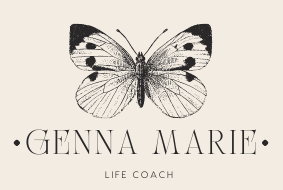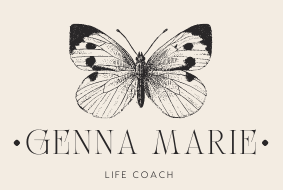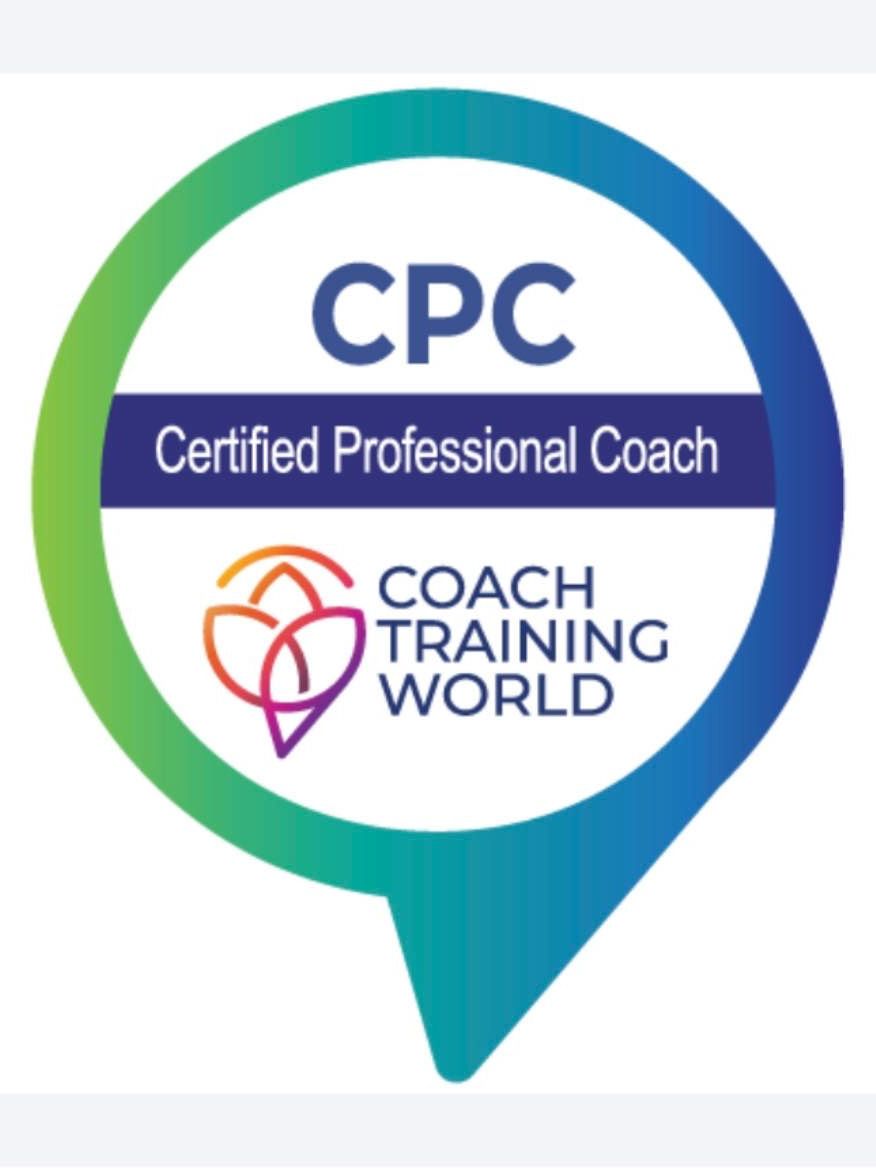Starting Coaching: When Opening Up Feels Hard
Starting Coaching: When Opening Up Feels Hard
Beginning coaching can feel like standing on the edge of a cliff—uncertain, vulnerable, and maybe even a little scary. For many of my clients, the hardest part isn’t knowing they need support—it’s giving themselves permission to say it out loud. Especially if you’ve never opened up to anyone before.
It’s a big step to share your inner world with someone else. You might be used to handling everything on your own. You may have grown up in a home where emotions weren’t talked about. Maybe you’ve been burned by support systems in the past. I get it—trust doesn’t come easy when your guard has kept you safe.
That’s why coaching with me doesn’t start with pressure or a script. There’s no expectation to dive deep right away or tell your life story in one breath. We start where you are. We talk. We pause. We explore what you feel ready to share. I hold space without rushing the process, and you lead the pace.
Coaching with me is conversation-based. Think of it like sitting down with someone who’s on your side—not a performance, not a test. I’ll ask questions that are designed to make you think, not to make me the expert. You don’t have to have the answers. That’s the beauty of it—we figure it out together.
Common Hesitations I Hear:
- “What if I don’t know what to say?”
That’s totally normal. It’s my job to help you find the words when things feel stuck or foggy.
- “I don’t want to sound like I’m complaining.”
Coaching isn’t about complaining—it’s about being honest. We all need space to process without judgment.
- “What if I cry or get emotional?”
Emotions are welcome and understood. Crying, laughing, venting—it’s all part of being human. There’s no shame in that.
How I Make It Easier:
- You lead the conversation.
- You set the goals.
- I meet you with compassion and curiosity.
- We stay grounded in what matters most to you.
- And when you’re unsure, we just start small.
Who I Work With
Over the years, I’ve coached people at all stages of change, healing, and rebuilding. Many come to me when they’re standing at a crossroads—uncertain which way to go, but knowing something has to shift.
Some of the people I work with:
- Individuals navigating relationship transitions – questioning whether to stay, preparing to leave, or trying to find themselves after the end of a partnership.
- Divorced or separated adults – especially those learning how to co-parent, reconnect with themselves, or rebuild intimacy.
- People healing from grief or trauma – including the loss of a loved one, childhood wounds, or relational trauma that still lingers.
- Those exploring identity or purpose – figuring out who they are now vs. who they were told to be.
- People who’ve never done coaching or therapy before – and aren’t even sure what they need yet, just that something isn’t working.
- Men and women experiencing intimacy concerns – as a Certified Sex Educator, I confidently support those who want to reconnect with their bodies, explore non-traditional relationship structures, or intentionally shift the dynamics of their sex life.
Whether you’ve spent years doing inner work or you’re brand new to self-reflection, my approach meets you exactly where you are. You don’t need to be “fixed.” You just need to be supported, heard, and gently guided toward your own clarity.
Tiny Experiments While You Decide
- “Pause & Label” Exercise
Once today, when a big feeling surfaces, pause for five slow breaths and simply name it (“I feel… frustrated/tender/numb”). No fixing required.
- Safe-Share Trial Run
Choose a low-stakes topic (like a recent movie) and practice revealing one honest opinion to a trusted friend. Notice that the world doesn’t crumble when you’re real.
These micro-experiments build the muscle of opening up—so when you step into coaching, it’s familiar rather than foreign.
⸻
If you’ve been circling the idea of coaching, but feel unsure where to start—I see you. The first step doesn’t have to be big. Just honest. And I’m here to walk beside you as you take it.
Whether you’re questioning, rebuilding, or trying to find clarity, coaching can help bring your voice back into focus.
✨ Ready when you are.
Send me a DM, email or text. Let’s begin with a conversation—no commitments, no scripts, just two people talking about what matters to you.













